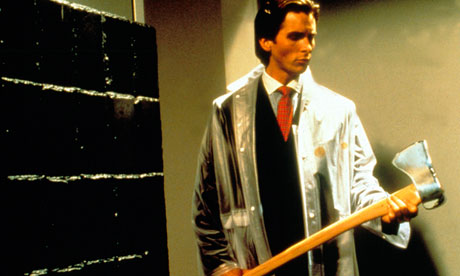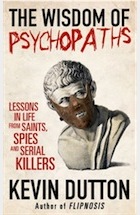from The Independent
The naming of business chiefs who have donated millions of pounds to the major political parties as new members of the House of Lords has provoked accusations that money is “polluting” Parliament.
The donors are included on a list of 30 new peers who will take the total membership of the Second Chamber to nearly 850 – the biggest number since it was reformed 14 years ago.
The 14 Conservative nominations include Sir Anthony Bamford, the chairman of JCB, whose family and firm has handed £5m to the party in recent years. His elevation comes three years after a previous attempt by David Cameron to award him a peerage was dropped.
JCB has close links with the Conservative Party. It employed the Foreign Secretary William Hague as an adviser after he stepped down as party leader in 2001 and Mr Cameron last year opened a company factory in Brazil.
A Tory source praised Sir Anthony as an “incredibly significantly industrialist” whose business employs thousands of people and pointed out he was invited on a foreign delegation organised by the last Labour government.
The Conservative list also includes Howard Leigh, a Tory treasurer and fundraiser, who has donated more than £200,000 personally and through his company.
Two prominent Liberal Democrat donors are among the 10 party supporters nominated to the Upper House by Nick Clegg. They are the entrepreneur Rumi Verjee, who brought Domino’s Pizza to Britain and has given the Liberal Democrats more than £800,000 and the nightclub developer James Palumbo, whose Ministry of Sound company has donated almost £700,000.
One of Labour’s five new peers is the businessman Sir William Haughey, a former director of Celtic football club, who has given the party more than £1.3m since 2003.
The campaign group Unlock Democracy said the nominees were the “usual list of party donors and cronies” and accused Downing Street of producing the names in Parliament’s summer recess to minimise adverse publicity.
Lord Oakeshott of Seagrove Bay, a Liberal Democrat member of the committee of MPs and peers which drew up a blueprint for Lords reform blocked by Mr Cameron, said: “Cash for peerages pollutes Parliament and political parties. We are all in it. It is now more urgent than ever to elect the Lords and get the big money out of British politics for good.”
The swathe of appointments brings the number of people entitled to sit in the Lords to 838 (although 53 are currently absent), the largest figure since most hereditary peers were removed in 1999.
The new peers could cost the taxpayer about £1.2m, plus travel and other expenses, leaving Mr Cameron with awkward questions over his promise to cut the cost of politics.
New peers
1. Sir Anthony Bamford (Con) Veteran industrialist whose family is a long-standing, generous Tory supporter.
2. Danny Finkelstein (Con) Times columnist, below left, and old friend of George Osborne. A youthful supporter of the SDP.
3. John Horam (Con) Britain’s most travelled politician sat in the Commons for Labour, the SDP and finally the Tories.
4. Howard Leigh (Con) Chairman of the Leaders Group, a network for supporters requiring members to donate at least £50,000 a year.
5. Olly Grender (Lib Dem) First worked for the party in the 1980s and was Paddy Ashdown’s chief spin doctor. Has just stood down from a Downing Street stint.
6. Brian Paddick (Lib Dem) Former senior officer in the Metropolitan Police, above right, has twice been a candidate for London Mayor.
7. James Palumbo (Lib Dem) Friend of Nick Clegg and has lent his nightclub, free of charge, to the Lib Dems.
8. Sir William Haughey (Lab) Glaswegian businessman above right, who built a fortune in the refrigeration business. Has given more than £5m to charity.
9. Jon Mendelsohn (Lab) Chief fund-raiser for Labour who set up his own lobbying company with two party colleagues.
10. Jenny Jones (Green) One of their most prominent figures on the London Assembly for 13 years.


